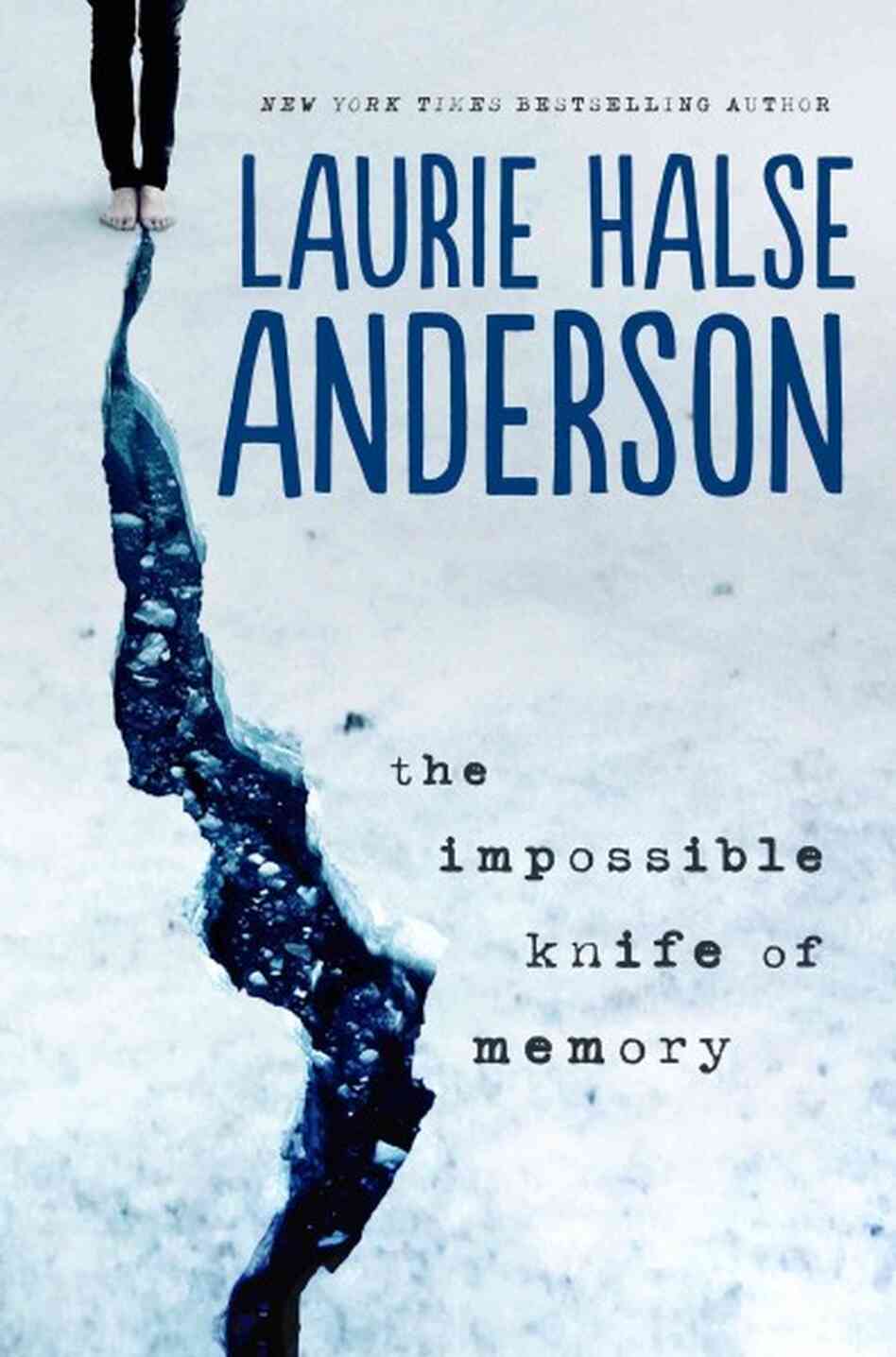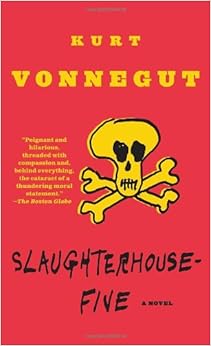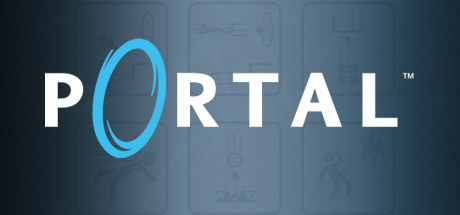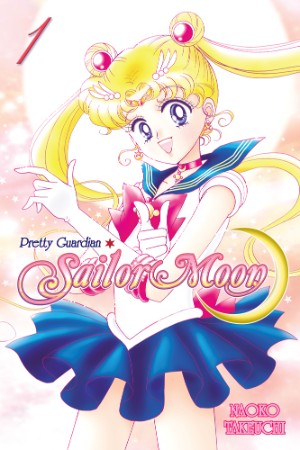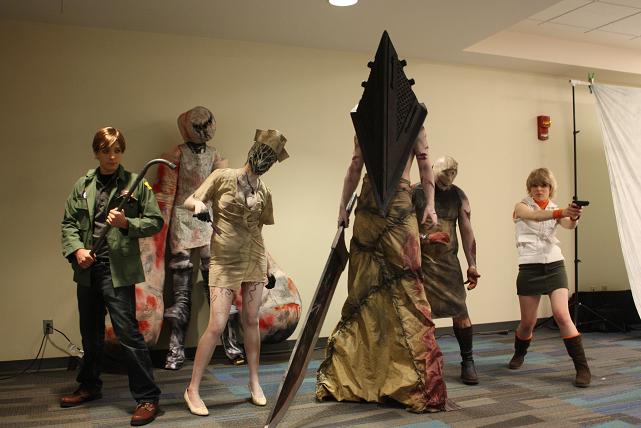When I first read this week's review book, Boy Meets Boy by David Levithan, several years ago, I realized something about it... it contained the first gay sex scene I had ever read. (Granted, I had only read a handful of sex scenes in the first place, most of them from the Earth's Children series by Jean M. Auel.) So I wanted to address sex in teen books this week, because that's what I think of when I think of this book.
---
You know what's awkward for teens? Talking about sex. (Okay, that can be awkward for any age group.) You know what's a little less awkward? Reading about sex.

Think about it... you're a teenager, figuring out the whole "sex thing" from your equally clueless friends, euphemistic media examples, your parents' stuttering and mumbling about how you should practice safe sex, and weirdly omissive sex ed classes that mumble about how you shouldn't have sex at all. How are you supposed to sort out what really happens after the camera pans away and you hear bedsprings squeaking in whatever R-rated movie you happened to sneak into? (And don't tell me that porn will explain it to you... maybe some of the mechanics, but I hope you know better than to believe that most porn is a realistic depiction of a healthy sex life.)

Even worse, try being an LGBT teen. Sure, in recent years, it has been easier to find sex ed classes or counselors or even just friends who know more about sex between two men or two women or what kind of surgery transsexuals undergo, or any of the billion questions spilling out of that can of worms. But I probably don't have to tell you that it's dangerous in some places to come out, and asking questions about those things will out you if you aren't already out. Even in places where it's more accepted, it can be scary or embarrassing or just something you don't feel like everyone around you needs to know about. There are as many different experiences with this as there are people.
So where's a confused teen to turn? As is often the answer... well-written YA fiction. I'm not saying a novel should be a stand-in for good sex ed classes or mortifying heart-to-hearts with parents. I'm just saying, it's not really your mom's place to give you pointers on what to do with your hands when you're caught up in the moment, and it would be pretty awkward (borderline illegal, probably) for your health teacher to demonstrate interesting positions you might enjoy. (Side note: John Cleese is totally an exception. Totally NSFW; not for polite company.)
The neat thing about a lot of popular YA books is that teens really identify with them. They see bits and pieces of themselves and their friends and their families in the characters, and bits and pieces of their lives in the events of the books. So when they're reading about a character having a first sexual experience, or a fiftieth, or a new type thereof, they know they aren't alone. They aren't the only ones in the world who think they don't know what they're doing, or want something they think they shouldn't, or whatever their hangup is, even though it seems for all the world that they're alone, because nobody talks about these things.

It can be difficult to write sex scenes for adults, but for the most part, adults tend to know what to do and what they like and what they're willing to explore when it comes to sex. Teens are totally new to the topic and are just starting to consider options and learn about themselves in relation to others in this way. Which is why sex scenes for teens have to be so incredibly well-written. (It also helps to find a balance of detail to help the reader and discretion to keep it from being banned for being pornography, but if John Green's Looking for Alaska can be banned for the same reason because of a passage that includes "We didn't have sex. We never got naked." you probably don't have much of a shot at not getting banned if your characters are doing the deed.
So, teens looking for good sex scenes that will talk you through some anecdotal examples, try these out:
Before I Die by Jenny Downham (A terminally ill girl has a bucket list, at the top of which is to have sex.)
Boy Meets Boy by David Levithan - this week's review book! (A totally inexperienced gay boy sleeps with his boyfriend, who is considerably more experienced.)
Bringing Up the Bones by Lara Zeises (After her boyfriend dies, the protagonist sleeps with a stranger.)
The Difference Between You and Me by Madeleine George (A totally-out lesbian and a closeted one meet in secret every week to make out.)
Doing It by Melvin Burgess (A boy desperately wants to lose his virginity.)
The Fault in Our Stars by John Green (Not a huge fan of his main characters, but the sex scene... not bad. Really honest and, I don't know... normal. No stars-in-your-eyes stuff.)
Speak by Laurie Halse Anderson (Sorry to be a downer, but not all sex is consensual. The rape scene in this book is gut-wrenching enough to elicit the right emotional response, but not so much so that it's gratuitous. Having examples of rape is important in YA too, because non-experienced people might not even realize that what is happening to them is rape if they don't have solid, realistic examples to learn from.)
Twilight by Stephanie Meyer - No, seriously. (Really, I mean it. When Bella and Edward finally get down to business, it's not the worst sex scene I've ever read. Honestly. Just give it a shot. Really.)
So let the teens read sex scenes. You can't get an STD or get pregnant from a book, and it's one hell of a lot safer than letting them learn about sex by taking them to see 50 Shades of Grey in theaters.
What's your favorite book with a sex scene for teens? Let us know your recommendations!
---
You know what's awkward for teens? Talking about sex. (Okay, that can be awkward for any age group.) You know what's a little less awkward? Reading about sex.

Think about it... you're a teenager, figuring out the whole "sex thing" from your equally clueless friends, euphemistic media examples, your parents' stuttering and mumbling about how you should practice safe sex, and weirdly omissive sex ed classes that mumble about how you shouldn't have sex at all. How are you supposed to sort out what really happens after the camera pans away and you hear bedsprings squeaking in whatever R-rated movie you happened to sneak into? (And don't tell me that porn will explain it to you... maybe some of the mechanics, but I hope you know better than to believe that most porn is a realistic depiction of a healthy sex life.)

Even worse, try being an LGBT teen. Sure, in recent years, it has been easier to find sex ed classes or counselors or even just friends who know more about sex between two men or two women or what kind of surgery transsexuals undergo, or any of the billion questions spilling out of that can of worms. But I probably don't have to tell you that it's dangerous in some places to come out, and asking questions about those things will out you if you aren't already out. Even in places where it's more accepted, it can be scary or embarrassing or just something you don't feel like everyone around you needs to know about. There are as many different experiences with this as there are people.
So where's a confused teen to turn? As is often the answer... well-written YA fiction. I'm not saying a novel should be a stand-in for good sex ed classes or mortifying heart-to-hearts with parents. I'm just saying, it's not really your mom's place to give you pointers on what to do with your hands when you're caught up in the moment, and it would be pretty awkward (borderline illegal, probably) for your health teacher to demonstrate interesting positions you might enjoy. (Side note: John Cleese is totally an exception. Totally NSFW; not for polite company.)
The neat thing about a lot of popular YA books is that teens really identify with them. They see bits and pieces of themselves and their friends and their families in the characters, and bits and pieces of their lives in the events of the books. So when they're reading about a character having a first sexual experience, or a fiftieth, or a new type thereof, they know they aren't alone. They aren't the only ones in the world who think they don't know what they're doing, or want something they think they shouldn't, or whatever their hangup is, even though it seems for all the world that they're alone, because nobody talks about these things.

It can be difficult to write sex scenes for adults, but for the most part, adults tend to know what to do and what they like and what they're willing to explore when it comes to sex. Teens are totally new to the topic and are just starting to consider options and learn about themselves in relation to others in this way. Which is why sex scenes for teens have to be so incredibly well-written. (It also helps to find a balance of detail to help the reader and discretion to keep it from being banned for being pornography, but if John Green's Looking for Alaska can be banned for the same reason because of a passage that includes "We didn't have sex. We never got naked." you probably don't have much of a shot at not getting banned if your characters are doing the deed.
So, teens looking for good sex scenes that will talk you through some anecdotal examples, try these out:
Before I Die by Jenny Downham (A terminally ill girl has a bucket list, at the top of which is to have sex.)
Boy Meets Boy by David Levithan - this week's review book! (A totally inexperienced gay boy sleeps with his boyfriend, who is considerably more experienced.)
Bringing Up the Bones by Lara Zeises (After her boyfriend dies, the protagonist sleeps with a stranger.)
The Difference Between You and Me by Madeleine George (A totally-out lesbian and a closeted one meet in secret every week to make out.)
Doing It by Melvin Burgess (A boy desperately wants to lose his virginity.)
The Fault in Our Stars by John Green (Not a huge fan of his main characters, but the sex scene... not bad. Really honest and, I don't know... normal. No stars-in-your-eyes stuff.)
Speak by Laurie Halse Anderson (Sorry to be a downer, but not all sex is consensual. The rape scene in this book is gut-wrenching enough to elicit the right emotional response, but not so much so that it's gratuitous. Having examples of rape is important in YA too, because non-experienced people might not even realize that what is happening to them is rape if they don't have solid, realistic examples to learn from.)
Twilight by Stephanie Meyer - No, seriously. (Really, I mean it. When Bella and Edward finally get down to business, it's not the worst sex scene I've ever read. Honestly. Just give it a shot. Really.)
So let the teens read sex scenes. You can't get an STD or get pregnant from a book, and it's one hell of a lot safer than letting them learn about sex by taking them to see 50 Shades of Grey in theaters.
What's your favorite book with a sex scene for teens? Let us know your recommendations!






